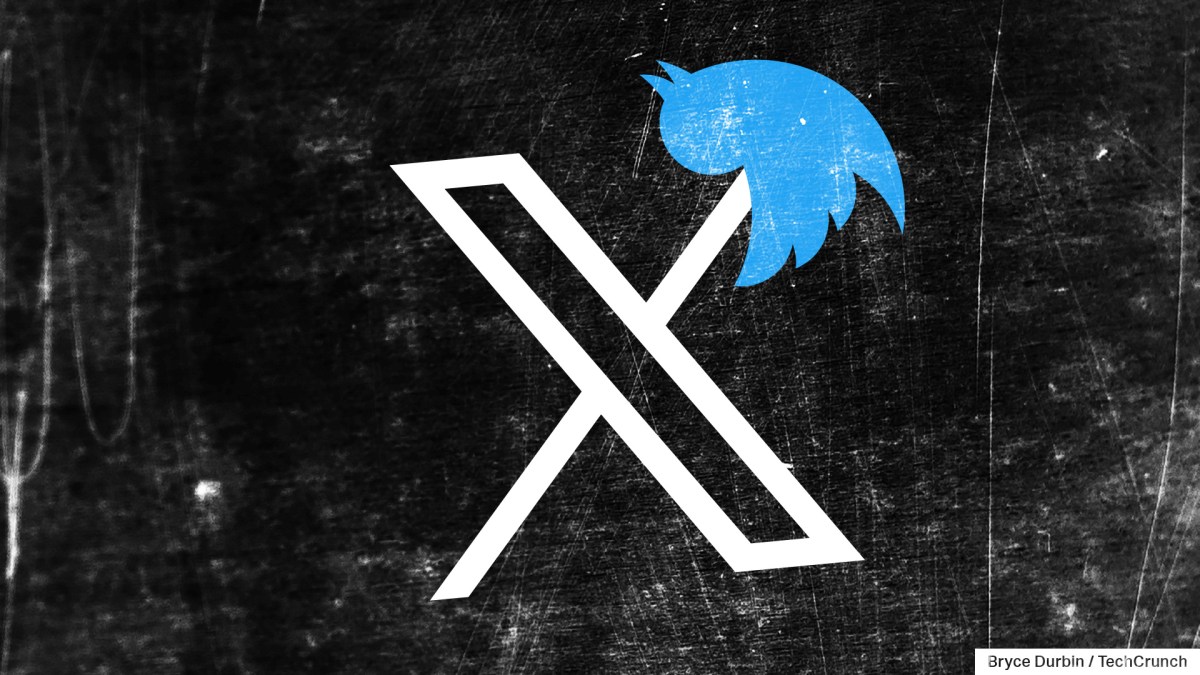X, formerly known as Twitter, was throttling traffic to websites that the social network’s owner Elon Musk publicly dislikes. The platform slowed down the speed it takes when accessing links to a handful of websites, including The New York Times, Instagram, Facebook, Bluesky, Threads, Reuters and Substack. The platform appears to be reversing the slow access to news sites on Tuesday afternoon.



Unfair trade practices. Customers can file complaints with the FTC which can levy fines or sue on behalf of the people. Websites being throttled can file civil lawsuits in state courts for unfair and deceptive trade practices or interference with prospective advantage.
Has anything remotely like this ever been litigated before? All I can find is that Unfair Trade Practice usually deals with “misrepresentation, false advertising or representation of a good or service, tied selling, false free prize or gift offers, deceptive pricing, and noncompliance with manufacturing standards,” none of which cover throttling access to other sites from your own. I agree that this is shitty and everyone should get off Twitter, but to say it’s illegal seems like a bit of a stretch.
It’s been litigated. Usually websites are immune under Section 230, but this is bad faith. They aren’t removing content for a legit reason such as spam or piracy, it’s strictly to thwart competition and divert traffic to handpicked news websites that Elon Musk doesn’t like; that’s bad faith, in my book.
Unfair competition is the term I was looking for. Unfair trade practices is a type of unfair competition. Federal and state laws prohibit it.
The case can be made that X is doing this without telling consumers and without their consent, while promising free speech. More bad faith.
Threads has the best case.
From your link:
All the statutes have these catch-alls. There is no set definition of what constitutes an unfair practice.
They aren’t actually removing content at all. They’re just adding a 5 second delay to websites they don’t like. I still think it would be an uphill battle to try to prove that this causes “substantial injury to consumers” or that it “cannot reasonably be avoided by consumers” since they could still go to the website on their own.
I don’t really think the “promises free speech” argument would fly either because that would open the door to sue over anyone moderating anything at all, leaving aside that the term “free speech” as it was used by Musk is subjective and was never defined by the platform. There was even a time where they just outright disallowed posting any link to other competitors and that was never challenged in court. The statutes do have catch-alls but that doesn’t mean there is no standard by which you have to measure up against to prove that it fits one of those categories.
Bad faith? Yes. Illegal? It’s definitely not clear cut, and it seems like the answer is probably not.
I said removing, I meant throttling. I maintain that bad faith content moderation favoring one site over another is actionable.
Twitter rolled back those hands after a few hours according to this article, which also mentions running a foul of anti competition laws, probably the reason for the sudden, quiet reversal.
https://www.thequint.com/explainers/twitter-policy-banning-links-to-social-media-platforms-elon-musk